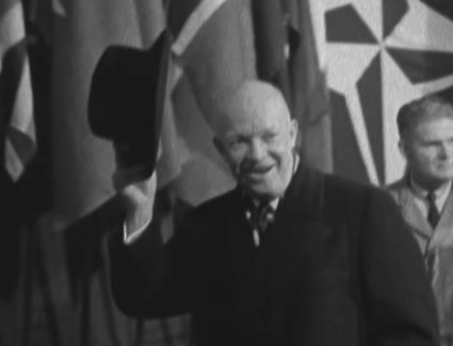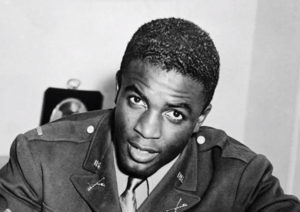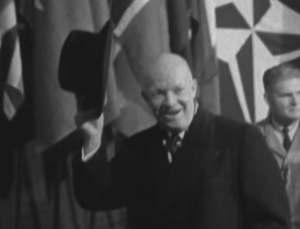
Dwight Eisenhower, often referred to as “Ike,” served as president from 1953-1961 and is best remembered as the one who implemented school desegregation laws and launched NASA as well as helping construct Interstate Highway Systems and negotiate an armistice in Korea during his term that still held when he left office.
At the conclusion of his presidency, Eisenhower had become severely worn down. Initially he had hoped for a nuclear test ban with Russia and peace negotiations; but was dismayed when the U-2 incident derailed those hopes and further stained his reputation. Eisenhower had also attempted to reign in an extravagant military establishment; unfortunately however he could not manage budgetary requirements from every direction.
Sputnik came as a shock and increased popular anxieties, prompting President Eisenhower to dismiss it as no threat to national security; but that did nothing to ease American concerns; rather it led many people demanding education reform, fallout shelters and increased space exploration following Sputnik.









